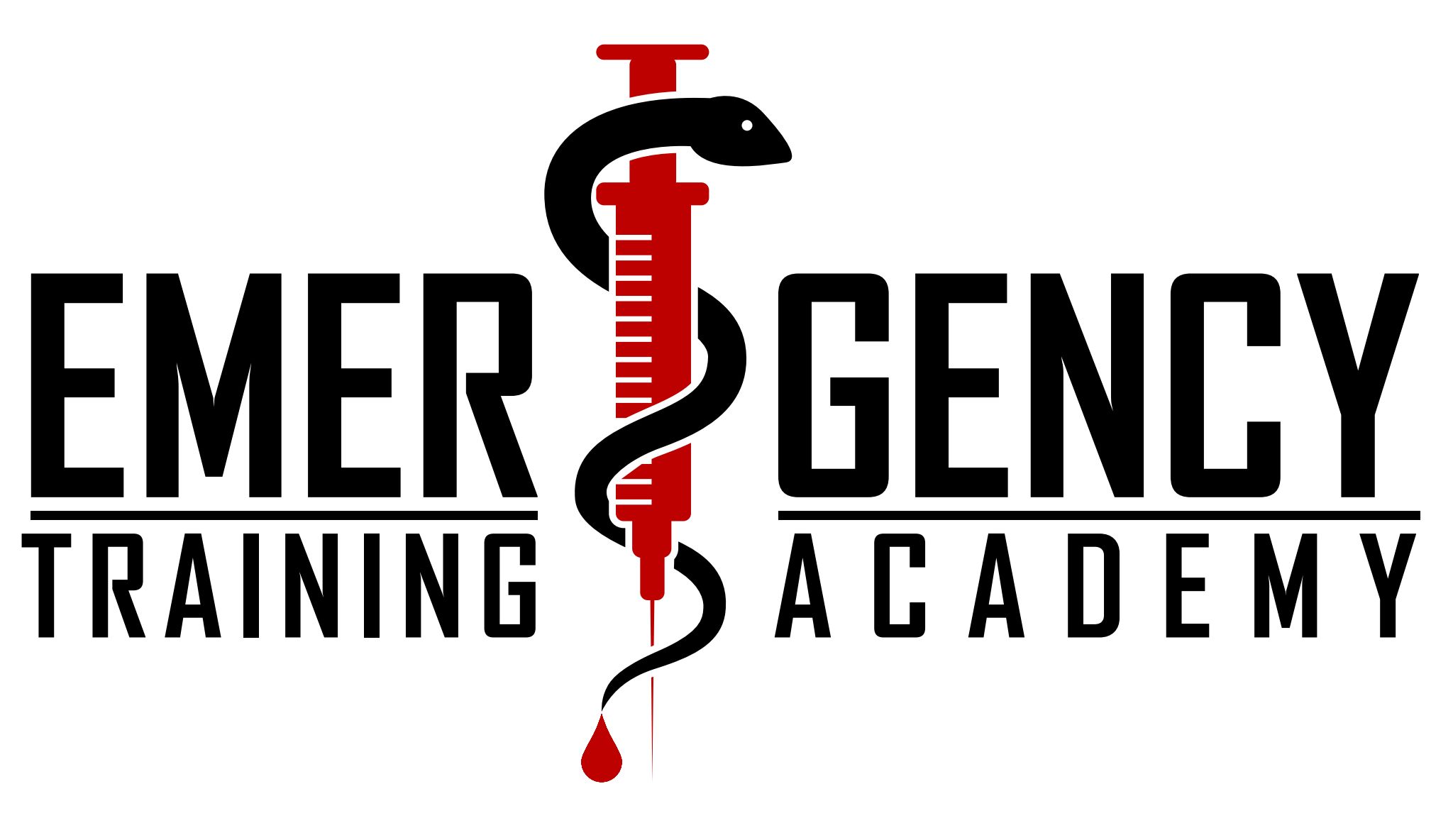Course Introduction
Course Site




Instructor
✉️Test
Welcome
EMS Supervisor: Principles and Practice
EMS 2500 – EMS Supervisor: Principles and Practice
Course Description:
This course introduces students to the core principles, roles, and responsibilities of EMS supervisors. It emphasizes leadership, personnel management, communication, conflict resolution, operations oversight, and ethical decision-making in emergency medical services. Students will examine real-world scenarios and case studies to apply supervisory concepts in EMS settings. Ideal for current or aspiring EMS leaders.
Course Objectives
By the end of this course, students will be able to:
- Define the role of an EMS supervisor within modern EMS systems.
- Apply leadership and communication skills to effectively supervise EMS personnel.
- Describe procedures for conflict resolution, disciplinary actions, and performance evaluation.
- Demonstrate understanding of incident command, resource management, and shift operations.
- Explore the ethical and legal considerations supervisors face in the EMS field.
Clock/Credit Hours
45 Clock hours / 3 Credit Hours’ll begin a journey of exploration, discussion, and reflection that connects timeless ideas to today’s world—and to your own life.
Course Syllabus
Below is your Syllabus with corresponding due dates.
Please refer to your modules and chapter units for details and additional resources. Students are expected to keep up to date and come prepared to class. You have all the resources needed to succeed. Good luck!
Instructor:
Outside work & Hours
Any outside of class work and hours does not count towards the 45 clock hours of the course. The out-of-class time may include, but is not limited to, such activities as reading assignments, journal recording, case study review, question responses, research article analysis, practice/educational exercises, study time, homework, and other required assignments. Students may expect up to 90 hours of outside coursework work which will include: reading, lecture, open discussions, research, and skills practice to achieve the learning objectives. Students may need to study 2-4 hours every night in the course that they are enrolled in. Every student is expected to:
- Come to the course prepared to actively participate in discussions,
- Read the text before the next class session.
- Complete all homework assignments,
- respect the beliefs, opinions, and values of other students,
- Have an open mind about the issues being discussed.
- Complete in-class quizzes
- Class project
Course Prerequisites
None
Instructional Resources & Materials to be used
EMS PRINCIPLES AND PRACTICE By ORLANDO J. DOMINGUEZ, JR., RPM, MBA
ETA subscribes to the Library and Information Resources Network, which provides students with 24/7 internet access to a wide range of literature and research resources.
Method of Evaluations
- Complete Lesson Assignment 50%
- Complete Lesson Quiz 20%
- Complete weekly Group Forum Discussions 30%
Clock/Credit Hours
45 Clock hours / 3 Credit Hours
Grading Scale
The following Grading Scale will be used in this course:
| Grade | Description | Points |
| A | 90% – 100% | 4 |
| B | 80% – 89% | 3 |
| C | 70% – 79% | 2 |
| F | 69% – below | 0 |
| P | Pass | |
| F | Fail | |
| W | Withdrawal | |
| I | Incomplete |
Late Work – may be accepted at the instructor’s discretion. No work will be accepted after the course completion date.
Missed Exams – Any exams will have a window for completion. Please be sure you will
be uninterrupted when taking any online exams.
The use of artificial intelligence (AI) to produce writing for this course is not allowed unless the instructor otherwise states it. If a student is found to have used AI-generated content for an
assignment, that student may fail the assignment or the course.
Absences – As this is an online course, attendance is based on work submission. Each
component has a pre-determined amount of “clock hours” attached. There are no mandatory
login times for this course. As a result, if a student does not complete a graded portion of the course, he/she may receive a failing grade as hours are missed from the class. For example, if a week is missed in a 4-week class, that is 25% of the course. This will fail even if the remaining 3 class grades result in a passing grade.
Cheating/Plagiarism – Cheating and plagiarism are not tolerated. Any violations may result in ejection from the course and referral for official university discipline. If you “quote” more than 15% of in-text citations, your paper will be graded as a “0.” Due to copy/paste.
Course Participation
Unlike a traditional classroom-based course, you do not need to show up to class at a specific time every day to earn your class participation grade in an asynchronous online course. Instead, you need to complete the online lesson presentations, assignments, quizzes, and discussions by the due dates specified by your instructor. Although some of your activities will be ungraded, your instructor will keep track of whether you have completed them and will assign you a course participation grade based on your completion of these.
Delivery Mode
- This course is delivered via distance learning.
- Students interact over the internet with the instructor.
System Requirements
Operating systems and browsers for Canvas Platform
Operating Symptoms Version Browser
Microsoft Windows Windows 10 and 11 Firefox 118
Internet Explorer 10 and 11
Safari 17.0
Edge 118
Chrome 118
MacOS 12 Monterey Opera 103
Safari 17.0
13 Ventura Firefox 118
Chrome 118
14 Sonoma
